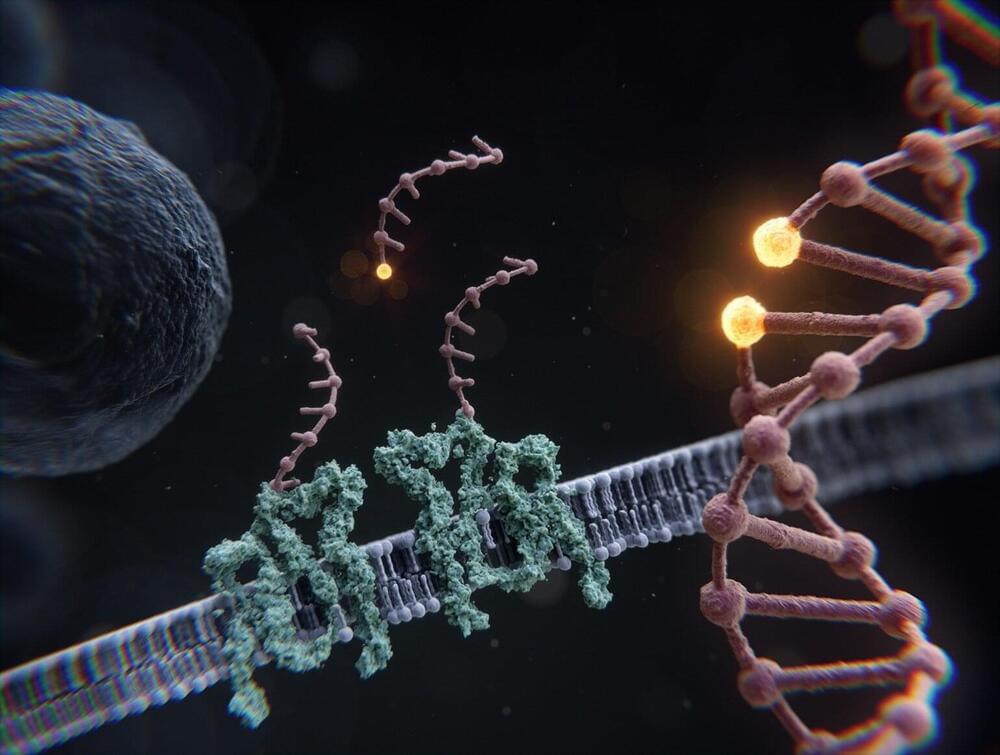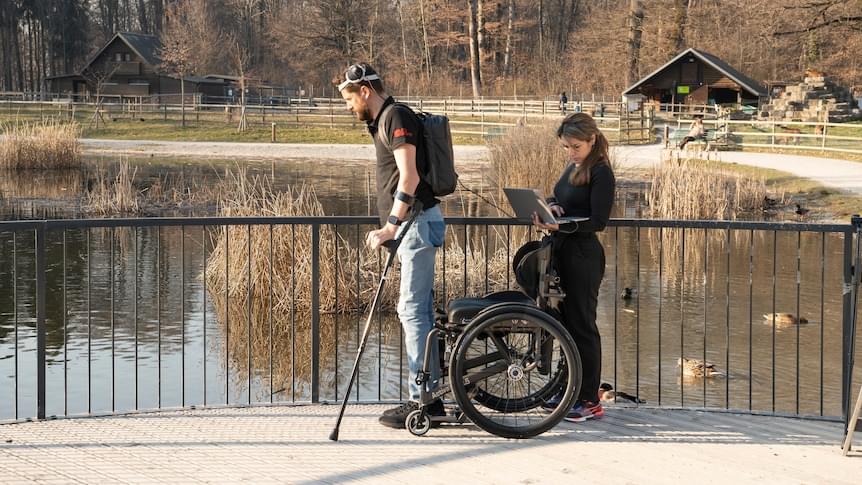May 31, 2023
Hibernation artificially triggered in potential space travel breakthrough
Posted by Dan Breeden in categories: innovation, space travel
In science fiction, space crews are often spared the boredom and inconvenience of long-distance space travel by being placed into a state of suspended animation. Now this goal may have come a step closer after scientists showed that hibernation can be artificially triggered in rodents using ultrasonic pulses.
The advance is seen as significant because the technique was effective in rats – animals that do not naturally hibernate. This raises the prospect that humans may also retain a vestigial hibernation circuit in the brain that could be artificially reactivated.

















